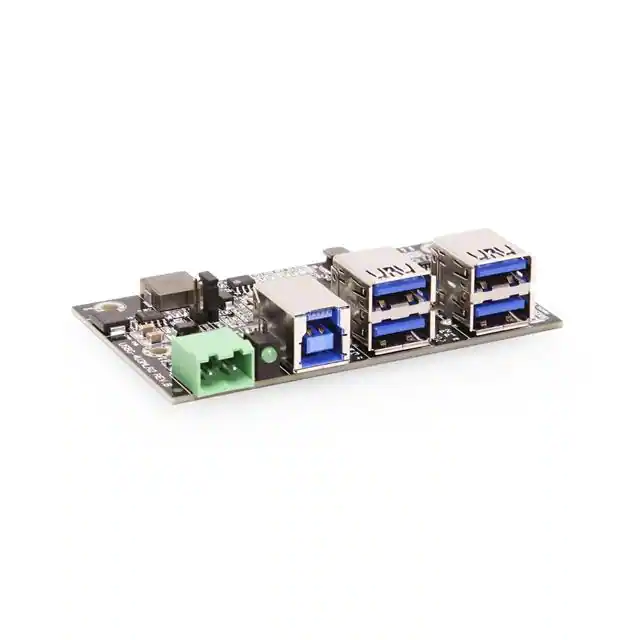Release Date: 02-23, 2024

When it comes to choosing computer equipment, understanding the key components is essential. With a wide range of options available, it can be daunting to navigate through the choices. In this guide, we will provide you with a comprehensive understanding of the important components in computer equipment and how they impact performance. Let's get started!
The Central Processing Unit, or CPU, is often referred to as the "brain" of the computer. It is responsible for executing instructions and performing calculations. The CPU's speed is measured in gigahertz (GHz) and determines how quickly it can process data. When choosing a computer, consider the CPU's performance and the number of cores it has, as this greatly influences multitasking capabilities and overall speed.
Random Access Memory, or RAM, is the temporary storage area that a computer uses to store data that is actively being used. More RAM allows for smoother multitasking and faster access to frequently used applications. When selecting a computer, consider the amount of RAM it offers, as this can significantly impact performance, especially for resource-intensive tasks such as video editing or gaming.
Storage is where all your data, files, and applications are stored. There are two main types of storage: hard disk drives (HDD) and solid-state drives (SSD). HDDs offer larger capacities and are typically more affordable, while SSDs are faster and more durable. Consider your storage needs and budget when deciding between an HDD and an SSD.
The Graphics Processing Unit, or GPU, is responsible for rendering images, videos, and animations. It is especially crucial for gaming and graphic-intensive tasks. When choosing a computer for gaming or design purposes, consider a dedicated GPU with higher memory and processing power for optimal performance.
The motherboard serves as the backbone of a computer, connecting all the components together. It determines the compatibility and expandability of your computer system. When selecting a computer, ensure that the motherboard supports the necessary components and offers room for future upgrades.
Understanding the key components in computer equipment is essential for making informed decisions when purchasing or upgrading your computer. By considering the CPU, RAM, storage, GPU, and motherboard, you can ensure that your computer meets your needs and provides optimal performance. Remember to consider your specific requirements and budget when making your choices. Happy computing!